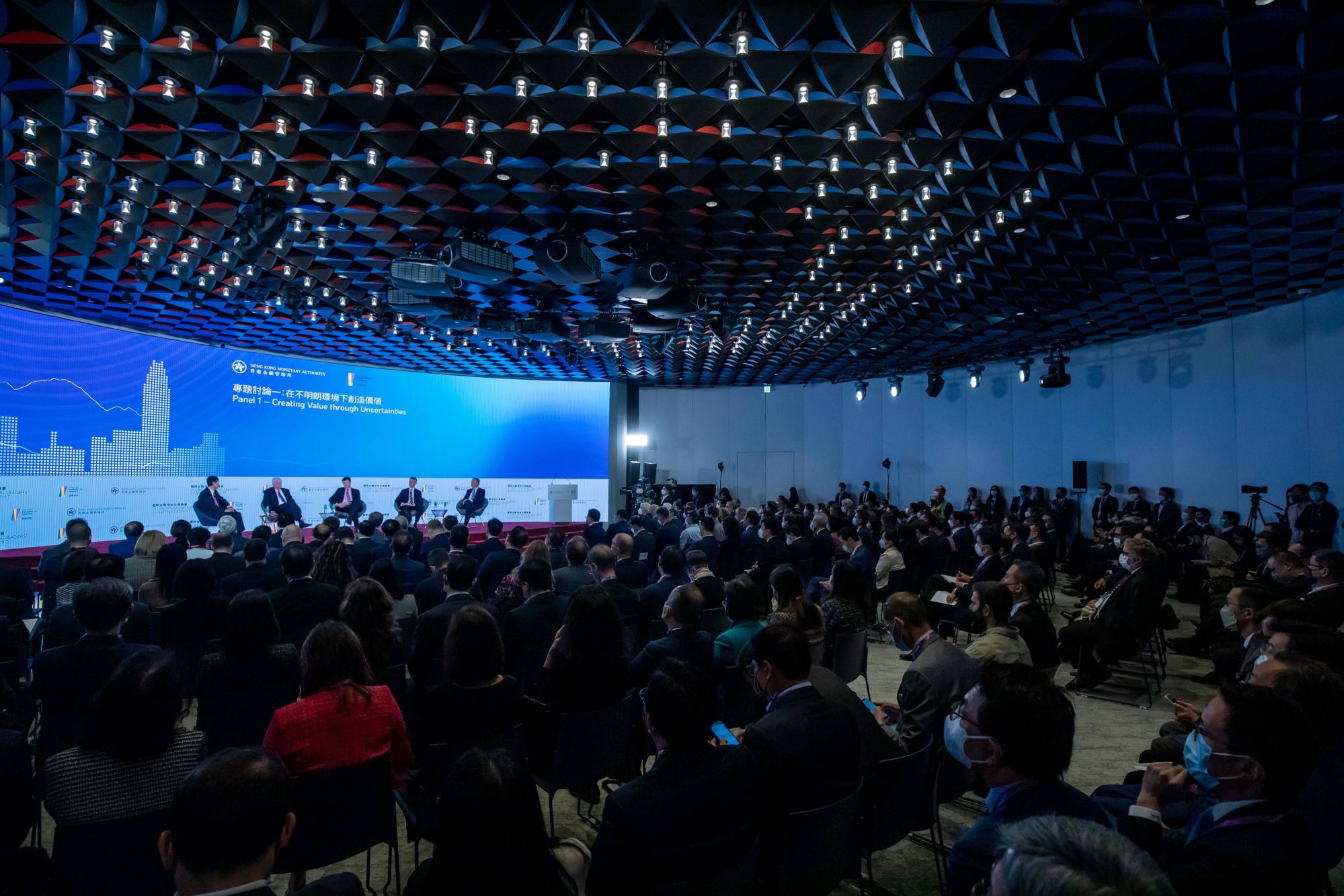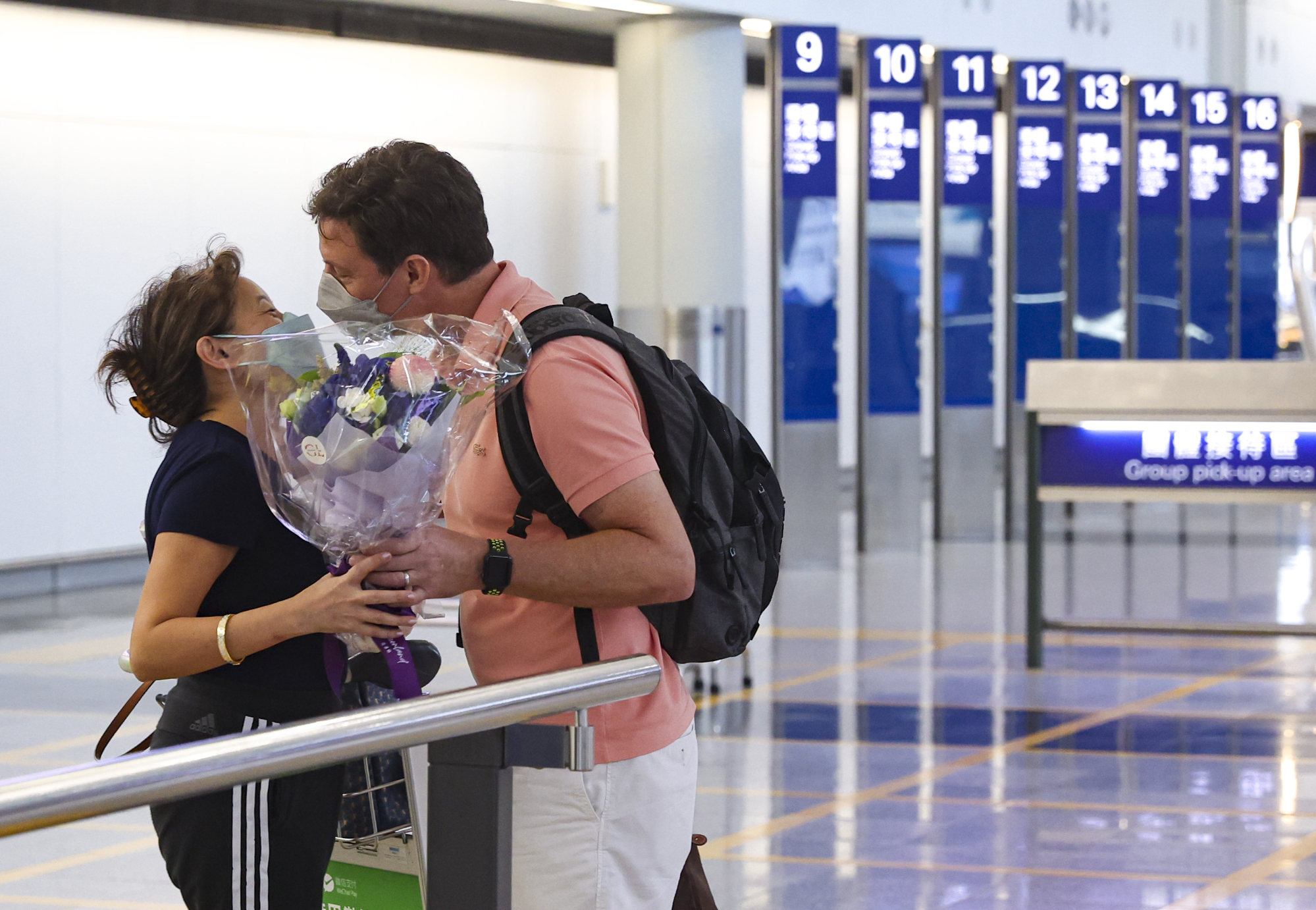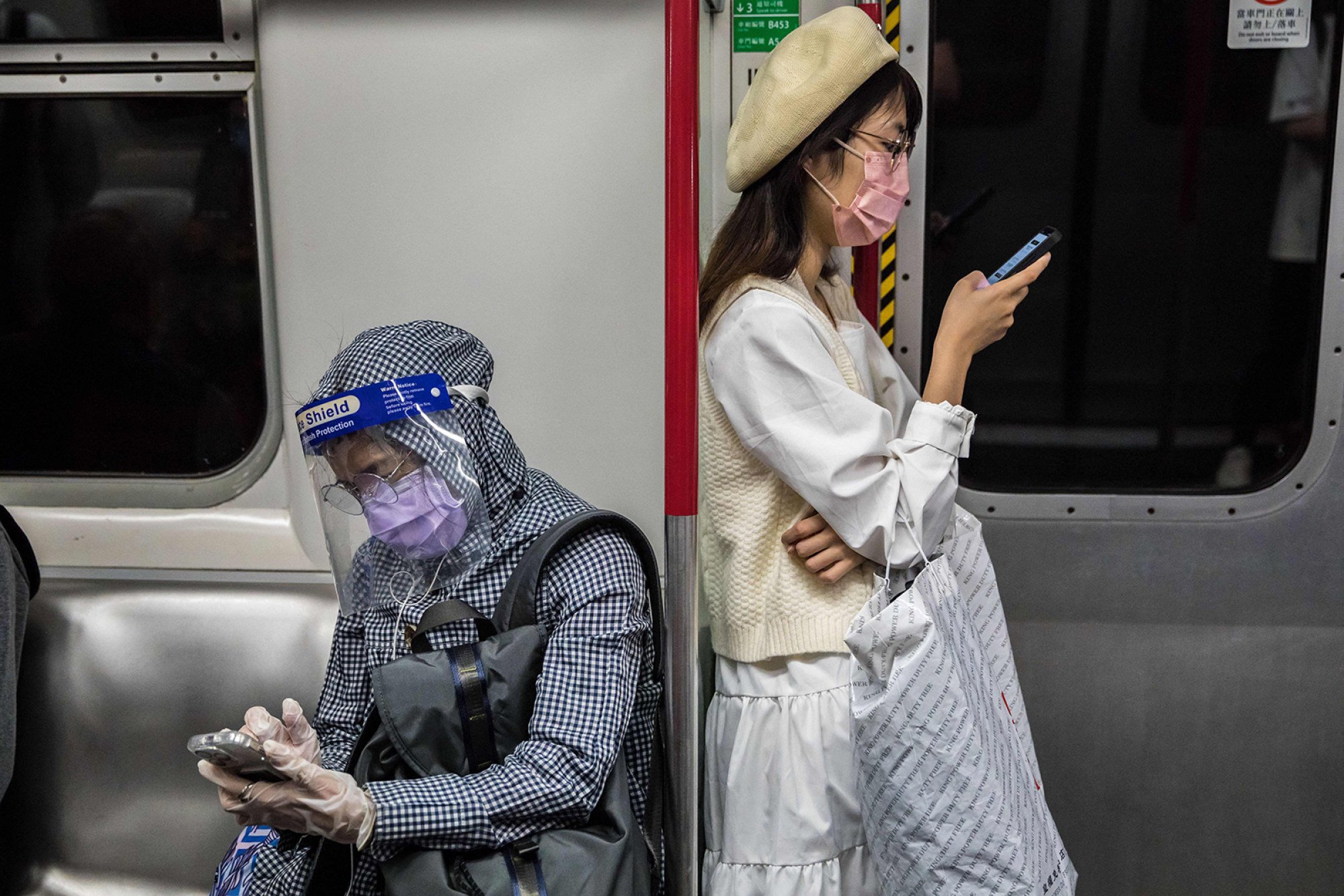
How Hong Kong’s pandemic fight experience can help China escape the zero-Covid trap
- While Hong Kong has yet to completely relax its Covid-19 measures, the ease of life in the city is already the envy of many mainlanders
- By studying Hong Kong’s experience, mainland China might be able to find a path out while adhering to its dynamic zero-Covid policy
Hong Kong is back in the game – that’s the message that the city’s government is working very hard to relay to the rest of the world, and judging by the crowds at the Hong Kong Sevens over the weekend and the Global Financial Leaders’ Investment Summit last week, it may well be true.
For sure, as long as there are still mandates for mask-wearing in public places, QR code scanning to get into restaurants, and negative test results for kids to go to school, it remains debatable whether life has indeed returned to normal.
But it is probably true that the worst is behind us, not just according to the words of Hong Kong’s leaders, but also the public reaction.

When was the worst time for Hong Kong since the pandemic started three years ago? I would say it was between late February and mid-March this year, when the city was at the peak of its fifth wave and on the cusp of conducting its first mandatory universal testing, a step that could have led to an endless nightmare of mass quarantine and lockdowns, as we have been seeing in Macau and many mainland cities.
Hong Kong, blessed by the one country, two systems arrangement, never went that route. Instead, it has chosen a slightly different way to deal with the virus while adhering to the principle of “dynamic zero-Covid”.
The city has yet to reach the status of Singapore in terms of relaxation in Covid controls, but the relative ease of life in Hong Kong, along with an official promise that the city won’t move backwards in pandemic measures, has made it a subject of envy for many mainlanders, including those in Shenzhen and Shanghai.
Hong Kong has again set a good example for the rest of China on how things can be done differently, as it has for many years in many aspects. It would therefore be meaningful to review what happened in Hong Kong in the past months.

For those who advocated strongly for mandatory universal testing earlier this year, perhaps they can share their thoughts with the public: are they still in favour of the idea, and if not, when did they change their mind and why?
This exercise is by no means intended to blame or humiliate anyone. Rather, it is to search for a way out for the mainland. After all, China will eventually have to “come back” as well, and Hong Kong’s way of coping with the coronavirus could be a valuable reference for the rest of the country, if a swift opening is off the table.
Nobody has a crystal ball, but past experiences have clearly shown what the right direction is. One of the biggest lessons that Hong Kong can offer is probably that Omicron is not that dreadful.
Infections are rising steadily in many Chinese cities, where anxiety and frustration are growing as quickly as in Hong Kong back in early March, when the city reported over 50,000 daily cases for three consecutive days. Hong Kong has lived through the dark days, and its experience should provide a valuable reference for other Chinese cities.

Another takeaway is that China’s dynamic zero policy can be a flexible concept. Hong Kong has never officially abandoned its zero-Covid policy and has repeatedly vowed it would not be “lying flat” in its fight against the virus. If the mainland is to adopt Hong Kong’s approach, it should be viewed as an optimised way to implement the dynamic zero-Covid approach.
There were days when the situation in Hong Kong looked grim. The central authority sent in doctors and nurses, construction workers to build makeshift hospitals, and Lianhua Qingwen herbal medicine capsules to Hong Kong, in the view that the city should turn to the mainland’s model of mass testing and strict quarantine.
Thankfully, Hong Kong has now turned a page and the debate on universal testing is over. It is time for the city to bounce back from its dark days, and share its experience and expertise.

